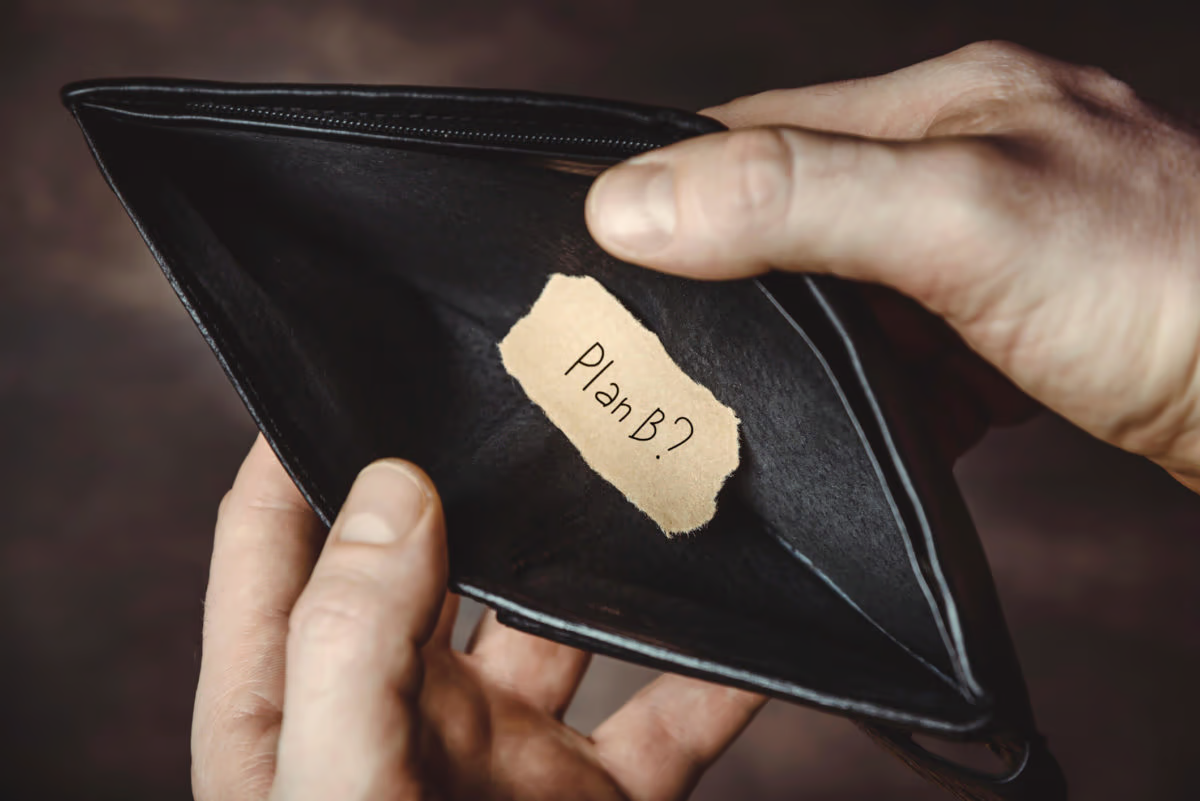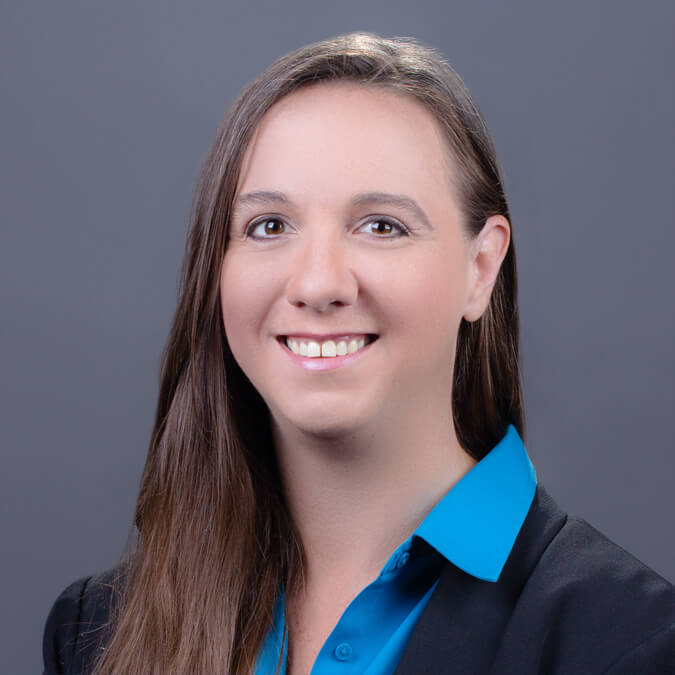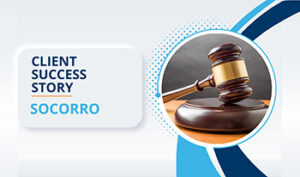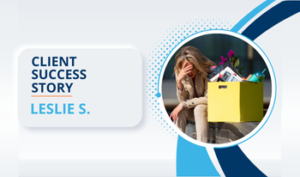As soon as you lose your job, review your budget to find any expenses you can cut. Anything that’s not a necessity should go until you find another job.
- Limit your budgets for dining out and entertainment
- Avoid any shopping that’s not a must-have
- Cancel streaming services for music and video
- Cancel or suspend services you can do yourself, such as lawn work and pool service
Strip your budget down as much as you can. This will minimize the costs so you can survive for longer on your savings. It also means you’ll be less reliant on high interest rate credit cards.
#3: Recognize that alternative financing is even worse
Some people think payday loans are a better solution than credit cards when you don’t have income, but they’re worse. At best, as the name suggests, payday loans are only intended for short-term use – i.e. they help you get by until your next payday. If you don’ know when your next payday will be, these loans are a recipe for financial disaster.
For payday loans and other short-term financing, you’re only supposed to carry the debt for a few weeks, at most. If you carry it more than that, you can face interest rates that can be over 300%; in some cases, you also pay $30 in finance charges for every $100 you borrow.
So, as much as you want to avoid credit cards during unemployment, you want to avoid alternative financing even more.
Act quickly as soon you find another job
The tips above can help you minimize the debt you take on during a period of unemployment. Hopefully, you can find another job quickly before you drain your emergency fund and other savings. Once you start receiving regular paychecks again, eliminating any credit card debt you took on should be your top priority.
- Gather up your most recent credit card statements so you can prioritize the debt repayment.
- Note the total balance owed and interest rate on each account
- Take as much extra cash as you can out of paychecks from your new job to pay off your credit cards quickly
- Focus on one debt at a time, while making the minimum payments on all the others.
Ideally, you should start with your credit card debt that has the highest APR. Eliminating high interest debts first helps you save money over time. However, if you have a large amount of debt and little extra cash, start with the lowest balances first. Each debt you eliminate will give you more cash to knock out the next.
Of course, keep in mind that at a certain point, you may have too much debt to eliminate it effectively on your own. That happened to Leslie, but with the help of Consolidated Credit, she was able to pay everything off.



